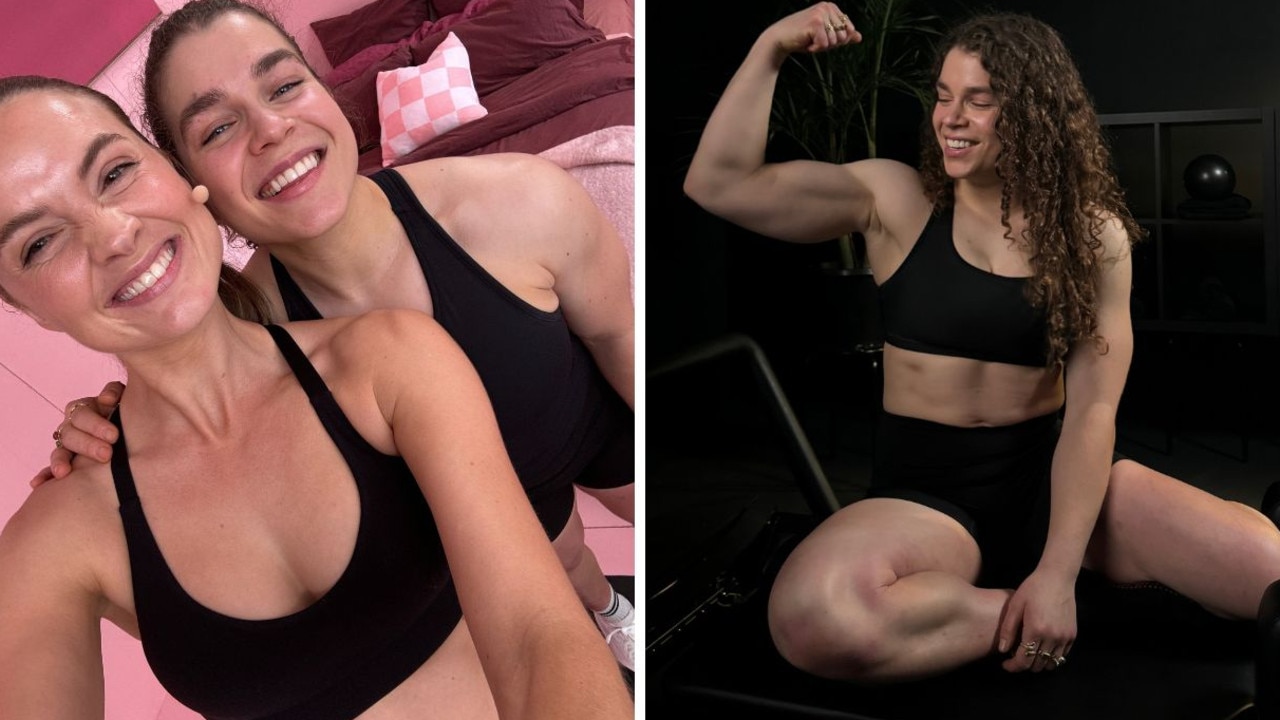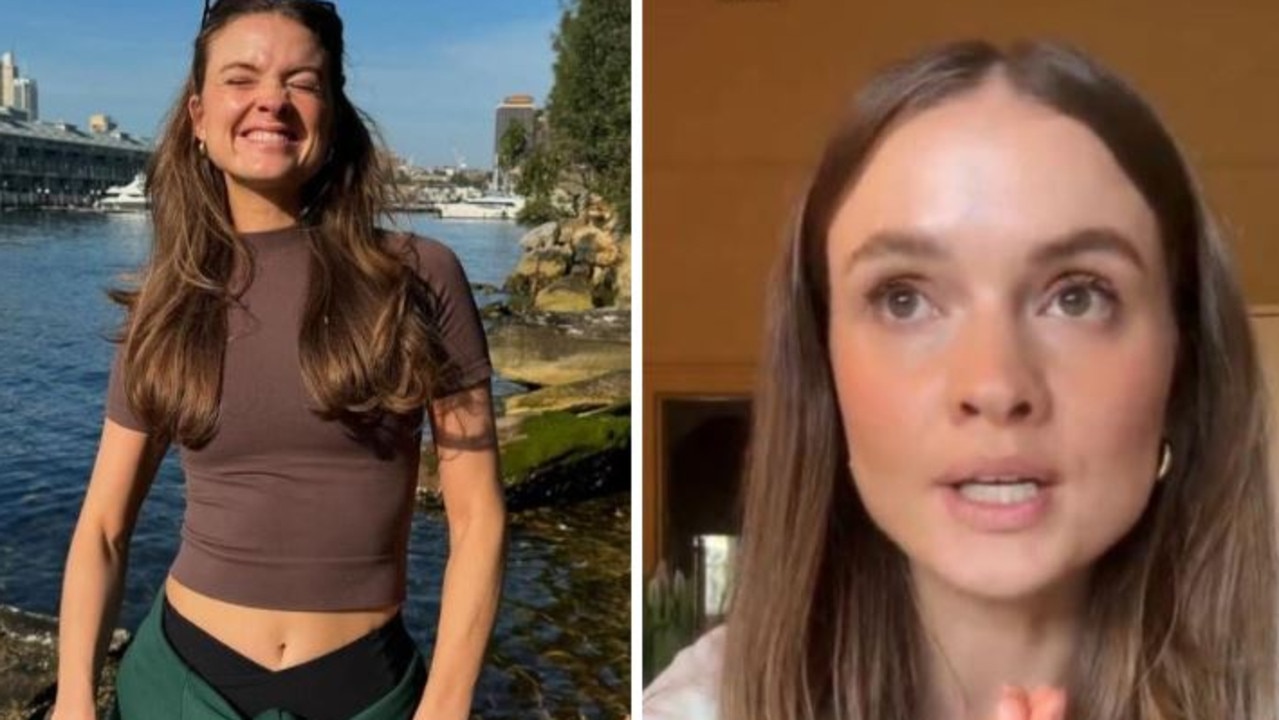Rose Black: INBA World Champion on what it’s really like behind the scenes at competitions
SHE LIVES in a small town, works as a public servant, and trains at the local RSL. But Rose Black is a world champion with a body you have to see to believe.
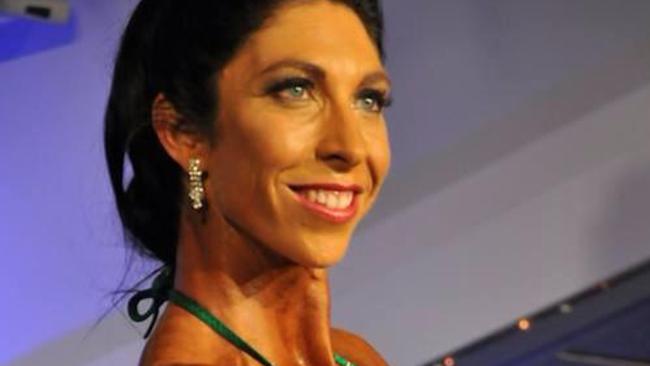
OATS, protein and LOTS of dead lifts — that’s what it takes to get a body like this.
Rose Black is a world champion bodybuilder who recently claimed the 2014 International Natural Bodybuilding Association (INBA) Pro Physique Champion in San Diego in November.
It’s the latest in a string of titles she’s scooped in the last year including the Southern Cross Championship’s Ms Figure award, the Australian Championship title and a first place at an international event in Slovakia which allowed her to compete as a pro in the US.
And the 33-year-old public servant who trains at Dubbo RSL does it all the hard way — with no drugs, free weights and a diet that would make most hardened men want to weep.
“I was petrified on my first stage,” she told news.com.au.
“The bikinis are quite small, the heels as well. I was petrified I was going to fall over or something was going to pop out that shouldn’t … but I just loved every second of it.
“I’m a different person up there. It’s about presenting a really confident, graceful package. I like to present as a feminine, strong woman.”

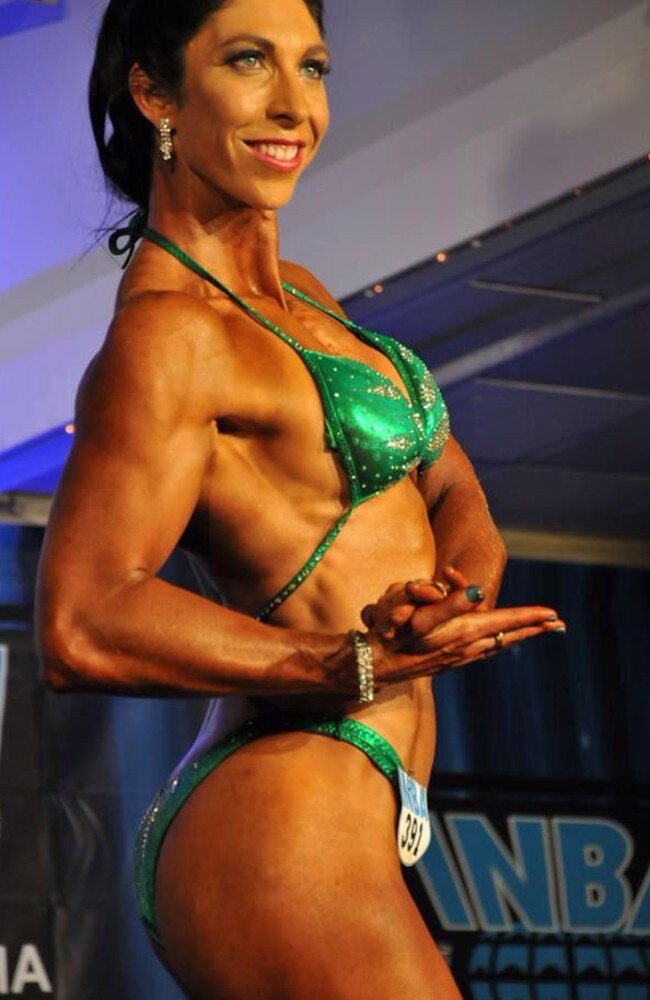
It’s a remarkable rise for someone who took up the sport just two years ago after a shoulder injury meant she was forced to spend time in the gym for rehabilitation. A pair of trainers spotted her in group classes and the rest is history.
“I’m no stranger to training at competitive or athletic levels. As an adult I’ve always kept up with training ... But I only picked up a weight two years ago and started taking weights seriously.”
“Prior to that believed that I’ve believed the myths that if you lift weights you get big ... I’m a tall girl and have quite big shoulders, big swimmers legs as well and thought I don’t want to get any bigger,” she said.
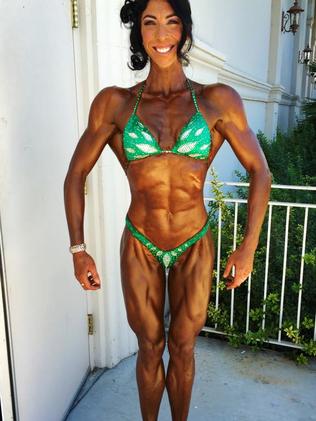
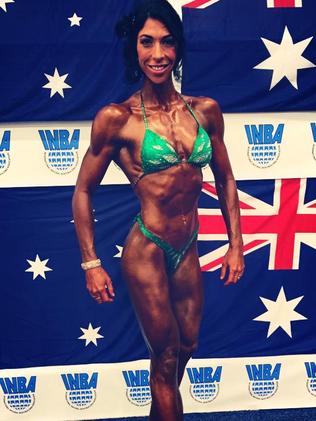
Despite her initial skeptisim, she said the training has actually made her smaller than she was before and much, much stronger. For her, the gruelling gym sessions are the easy part, with the diet much tougher to swallow.
“The training for me is a joy. I love that, I find it the easiest part. It’s my stress reliever, it’s my outlet. The hardest part is diet. I wouldn’t call it a diet, it’s a nutrition plan,” she said.
In the 12 weeks before a competition she sticks to a strict high-protein, low-carbohydrate schedule with “carb cycling” to give her energy and keep her body guessing.
She said the worst part is the social side where you can’t just open a wine or reach for the Cadbury’s after a tough day.
“It is hard socially. I have been to weddings where I’ve had to take my pre-packaged food and I can’t drink alcohol as it affects your liver … You just realised all of these social events focus around food and drinking — especially in Australia!”
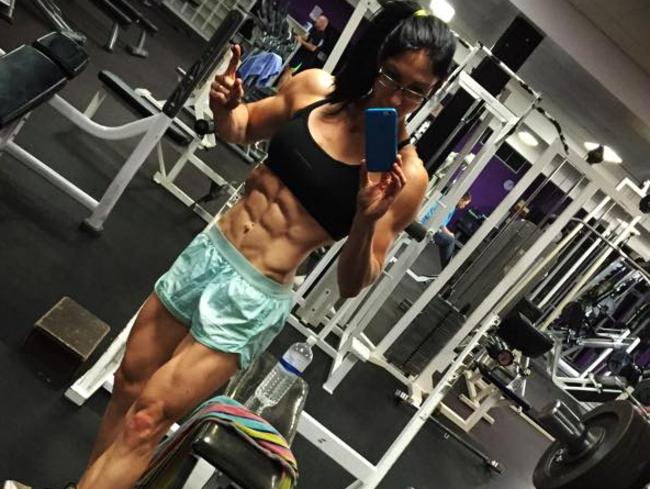
Instead, it’s portions of fish and broccoli in the handbag and a “massive” grocery bill to account for the amount of protein and supplements she takes.
A typical day includes oats for breakfast with water and protein powder, along with some psyllium husk or chia seeds for fibre. This is followed by another six or seven meals made up of roughly 150 grams of protein and green vegetables like broccoli, asparagus and spinach.
Barramundi, chicken and kangaroo are also a “big feature” while high carb days include a bigger portion of oats for breakfast, sweet potato baked with turmeric or as chips as well as bananas, blueberries and brown rice.
“I shudder when I think of how much money I’m spending. It would have to be around $300 (per week) on my food alone,” she said.
There are also two training sessions a day for between 45 to 90 minutes each in the Dubbo RSL — which she shares with retirees — using old-school free weights that suit her best.
“I’m in awe of them. Seeing people in their 70s who are still quite active. It’s inspirational to me. I love the old-school equipment at the RSL.
“They also have older-style machines they fit my body better. I love it, I’ll never change gyms,” she said.
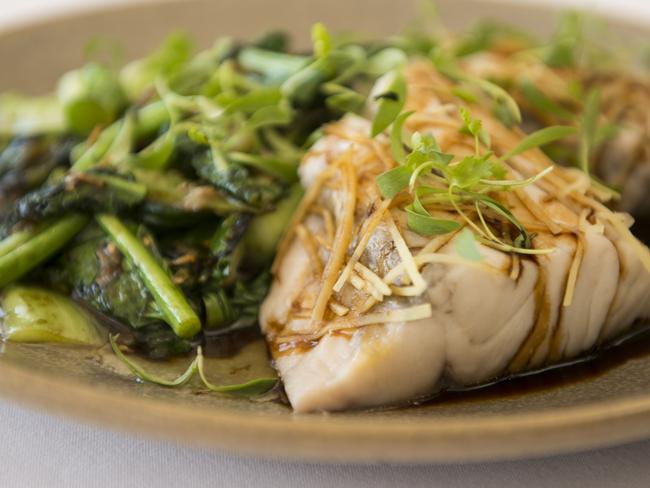
Ms Black competes in the natural bodybuilding scene where athletes are strictly drug-free.
“I’ve been tested at my last three competitions because I’ve improved so quickly, they’re like ‘we better test her’ and it’s all ASADA testing,” she said.
“A lot of people criticise that everybody is not tested but the fact that it’s random and the fact that it’s tested before every show is a pretty strong deterrent.”
“We’re very strong advocates of being natural and being able to do it naturally.”
She said the scene is growing every year with up to 40 women competing in each category. Before going on stage athletes will use bands to pump up their muscles and get blood flowing through their veins. They also bulk up on carbs on the day of competition to fill out muscles and create the ideal look — wide shoulders with round caps, a tiny waist and quads that flare out in an “X” frame.
“You pump up really hard, squeeze everything. That’s what the posing is, creating an illusion of being really big up top with a little waist.”
Once on stage, it’s all about showing off the individual muscle groups in a series of poses and others to showcase “symmetry”. There’s also a view “you can never be dark enough” with a deep tan the norm for all competitors.
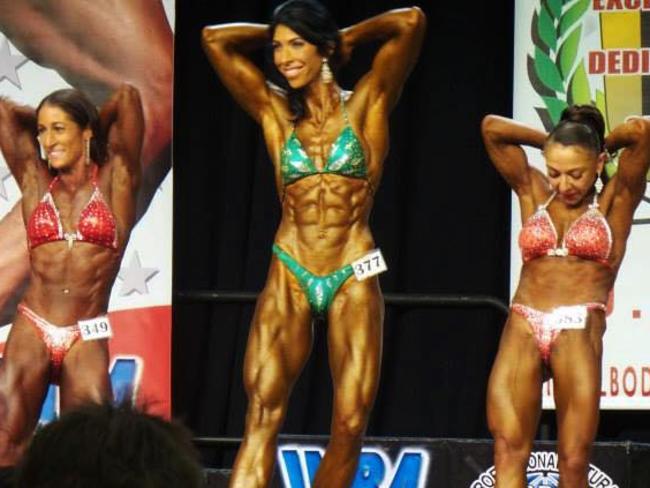
Ms Black said despite how strong they might look, the biggest misconception is that the athletes are enormous and it’s hard to hear people say they would “never want to be that big.”
“It’s really hurtful. It’s like saying ‘you’re a bit overweight, I don’t like your body.’ It’s a confronting thing to hear. When they see you in person they’re shocked. They don’t understand posing is designed to make you look as big as possible on the day. In general, we’re quite feminine …. there’s nothing wrong with being a strong feminine woman.”
For now, she is sticking to her day job as a public servant and toying with the idea of taking her sport full time. But not before a well-earned rest before coming back to defend her championship next year.
For the rest of us inspired to lift a weight or two, Ms Black said there is one thing everyone should try: Deadlifts.
“It’s called the king of exercise … It basically works everything,” she said.
“It’s a functional movement and a compound. it brings everything into play.”



